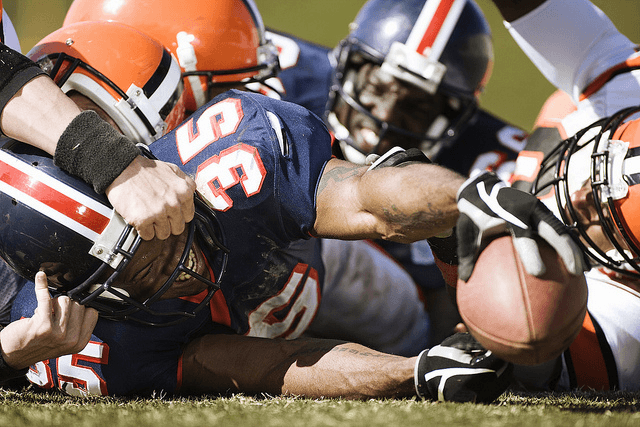As anyone who follows collegiate or professional football can attest to, concussions, one of the primary variants of Traumatic Brain Injury (TBI), are extremely dangerous, as these injuries have both immediate effects and potential long-term effects that include depression and persistent head pain. As a result, the NFL has invested millions of dollars in concussion research, catapulting TBI into national spotlight.
In “New Insight Into Treating Traumatic Brain Injuries: Part I“, I discussed how Dr. Ye Xiong, a researcher at the Henry Ford Hospital, believes that focusing on the brain’s protection and self-repair mechanisms will help develop a treatment for TBI. Over the past 30 years, many failed attempts have been made to target the physical damage caused by TBI with drugs aimed at protecting neurons, but Dr. Xiong is confident that his fresh approach can significantly alter how we treat TBI.
I also discussed that the human brain has a “significant, albeit limited” ability to repair itself through processes such as angiogenesis, neurogenesis, and axonal sprouting. What Dr. Xiong plans to do in this revolutionary approach is to enhance these natural processes because they naturally work together to heal the physical damage caused by TBI.
Image Source: Mina De La O
Therefore, although the solution seems overly simple, Dr. Xiong believes that giving a boost to the brain’s natural self-healing mechanisms is the key to revolutionizing the way we treat TBI. You may be thinking, “What’s the difference between Dr. Xiong’s approach and the previous attempts?” Simply put, the other attempts focused on utilizing drugs to imitate the effects of the brain’s self-healing mechanisms, while his approach focuses on giving these mechanisms a boost very similar to the way catalysts allow chemical reactions to proceed more efficiently.
Some interventional drugs based on Dr. Xiong’s approach that are now in early clinical trials include:
- Glibenclamide: Already best known for treatment of type 2 diabetes, it has recently been found to significantly reduce brain swelling and bleeding after ischemic stroke, suggesting potential use for treating TBI.
- Minocycline: Derived from the antibiotic tetracycline, it has been shown in different dosages to provide both short-term and long-term benefits in treating closed head injuries in mice.
- Statins: Widely used to reduce cholesterol levels, studies at Henry Ford Hospital have demonstrated that these drugs restore cognitive function after TBI in rats.
“Although it is still important to further investigate neuroprotective treatments for TBI, these novel, neurorestorative or neuroplastic approaches will facilitate development of treatments for TBI with the ultimate goal of reducing brain injury, promoting brain repair and remodeling, and eventually improving functional recovery and quality of life,” Dr. Xiong concludes.
Feature Image Source: Concussions in football by Penn State










